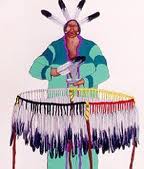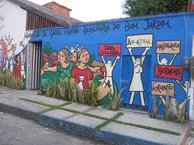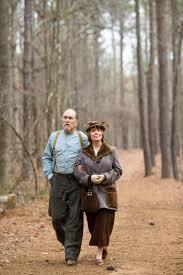 Here’s a classic text from David Best and Alexandre Laudet on recovery capital. This paper is part of the RSA project on recovery. Here is an introduction to the paper from the RSA.
Here’s a classic text from David Best and Alexandre Laudet on recovery capital. This paper is part of the RSA project on recovery. Here is an introduction to the paper from the RSA.
‘The addictions field is now overflowing with references to ‘recovery’ with service providers and workers increasingly designated as ‘recovery-focused’, although in many areas there is confusion as to what that may mean in practice and what needs to change.
There is an increasing awareness that people do recover, but we have limited knowledge or science of what enables this to happen or at what point in the recovery journey. There is also the recognition that recovery is something that is grounded in the community and that it is a transition that can occur without professional input, and where professional input is involved, the extent of its role is far from clear.













